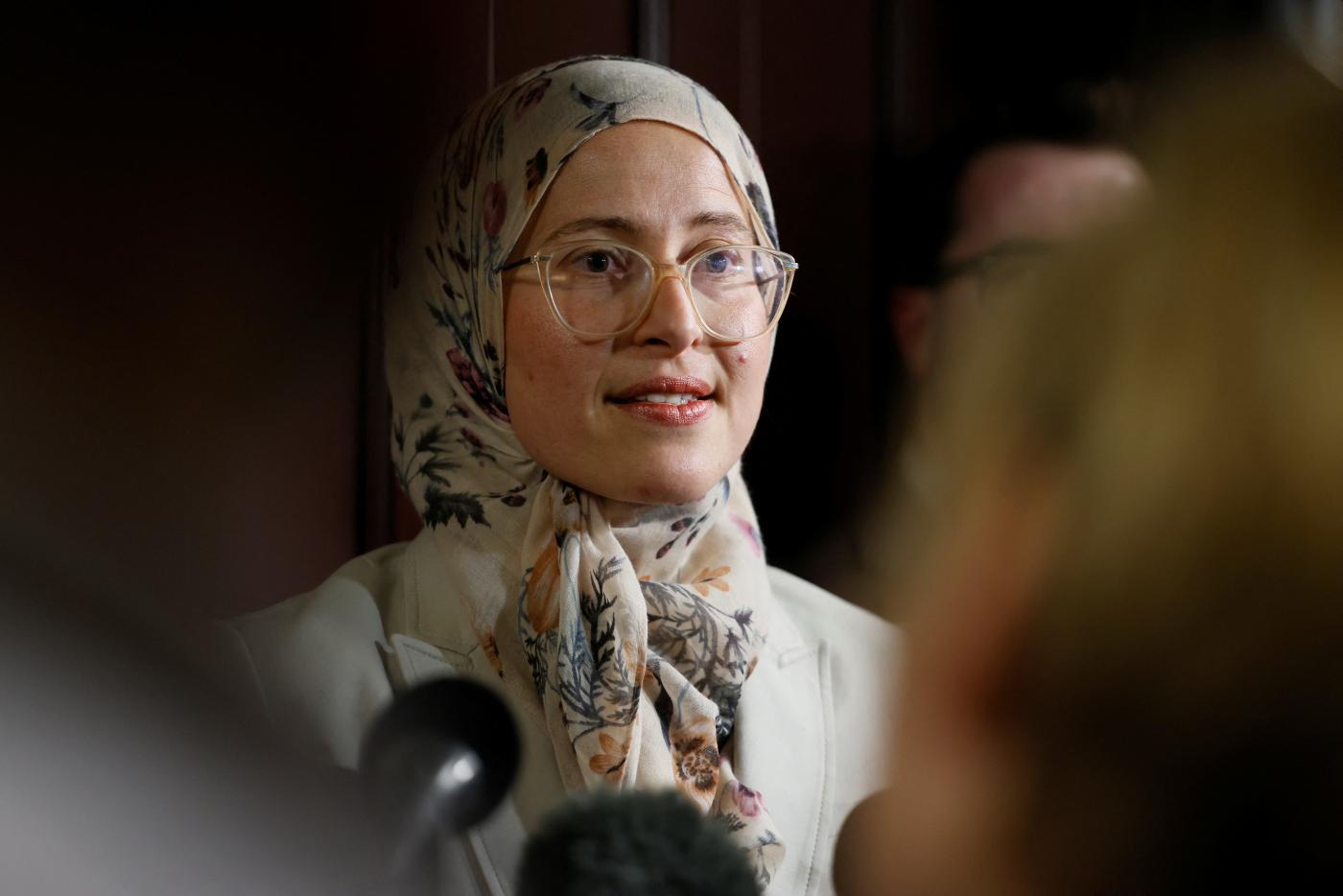
Quebec: Why are politicians attacking an effort to combat Islamophobia?
This op-ed by Bridge Initiative Associate Director Mobashra Tazamal originally appeared in The Middle East Eye.
Just days before World Hijab Day, Quebec’s politicians took aim at Canada’s newly appointed special envoy to combat Islamophobia, Amira Elghawaby, calling on Prime Minister Justin Trudeau to remove her from the position. These voices claimed that Elghawaby, a visible Muslim woman, held “anti-Quebec sentiments”, pointing to a 2019 piece she co-wrote as evidence. In it, she rightly noted that statistics show that many Quebecers held anti-Muslim views.
Apparently, her audacity to accurately interpret survey results was reason enough to demand her removal from this newly created position. It is one that is desperately needed in a country plagued by Islamophobia. For Quebec’s politicians, the feelings of Quebecers trumped the lives and safety of Muslims.
There are numerous angles through which we could analyse this situation: Elghawaby is a Muslim woman who wears the hijab. Right-wing politicians in the province have a history of negative attitudes towards the hijab and Muslims writ large. Elghawaby has a long track record of documenting and analysing the prevalence of Islamophobia in Canada, and in particular in Quebec. The province has a disturbing history of anti-Muslim racism manifesting in various forms such as hate crimes and discriminatory policies.
Politicians have played a central role in creating this environment, using Islamophobia to bolster votes and pass harmful legislation, resulting in the othering of the region’s Muslims and effectively rendering them second-class citizens. Elghawaby’s appointment to this position thus symbolises tangible efforts by the government to tackle anti-Muslim hate. This would also inevitably mean that certain politicians and their tactics would be scrutinised and observed as playing a role in fanning the flames of anti-Muslim bigotry in the country.

 Search
Search